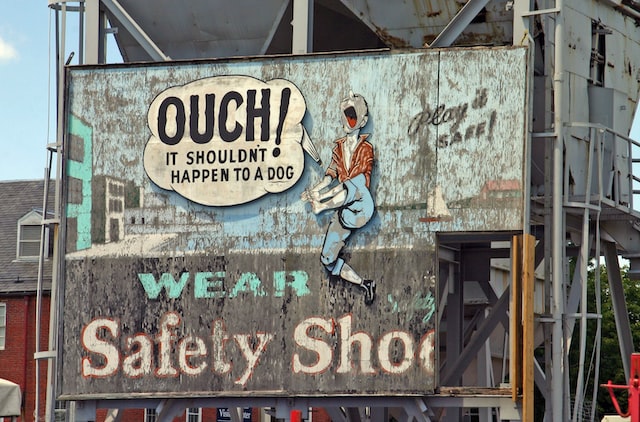To risk a lot, you need a safety zone. Or what modern leadership research calls Psychological Safety. An area where trust can develop so that risk can be taken. In other words, an atmosphere where there is no need to be perfect. It is a state-of-mind where people always remember that failures are temporary. This gives rise to the conviction that learning in the process always helps us to move forward.
In other words, Psychological Safety is the sure feeling or belief that we will not be punished or ridiculed for expressing wild ideas, raising difficult questions and concerns, or admitting mistakes. The leadership expert Amy Edmondson defines Psychological Safety as “a trusting atmosphere in which all team members can openly express themselves without being shamed, rebuffed, or otherwise negatively sanctioned.”
employ oneself without fear of negative consequences
Moreover, we feel more comfortable asking for help or challenging the status quo in such an atmosphere. Without the fear of negative social consequences, teams are more likely to innovate more quickly and adapt better to outside change.
However, for this to become reality, organizations and their leading personnel need to overcome the Tayloristic world view of “thinking at the top and doing at the bottom.” Along with the notion that an idea is based on a single ingenious flash of inspiration.
A successful innovation is rather a series of mistakes that eventually led to success. Only if we value ideas independent of the social status of the person uttering it, are we able to unlock the benefits of diversity fully.
As the following example shows, this is also true in times of crisis.
Imagine you are young co-pilot flying on your first flight with a very experienced pilot. The pilot next to you is, by law, the final authority to make decisions. Imagine, that this pilot has also the reputation of playing off formal power.
What would you do?
How would you react, if the pilot is about to make a fatal error that could lead to a crash of the plane? Your first impulse probably is: “Of course you would tell her, I am not suicidal!”
If we always reacted like that, that would be great. However, research shows that many subordinates do not dare to contradict their superiors. In fact, an experiment at the University of Texas, showed that co-pilots did not dare to intervene, even if the pilot made serious mistakes. The same happened in the so-called Hofling hospital experiment where doctors ordered nurses to overdose medication. This demonstrates that people are very unwilling to question supposed ‘authority’, even when they have good reason to.
Even if our everyday situations rarely contain life and death questions, these examples teach us a lot about how important a safe and open atmosphere can be. Groupthink and authority can kill innovation from the start. Only if all team members can express their opinions openly can we really use the potential of teamwork.
Therefore, 21st century leadership must make psychological safety an explicit priority. Leaders must learn how to establish norms for how failure is handled and facilitate the creative space for new ideas (especially the wild ones). Creative discourse can only thrive in a safe environment.
Open the DAYDACTICS guidebook to discover more principles of learning design and leadership development.






